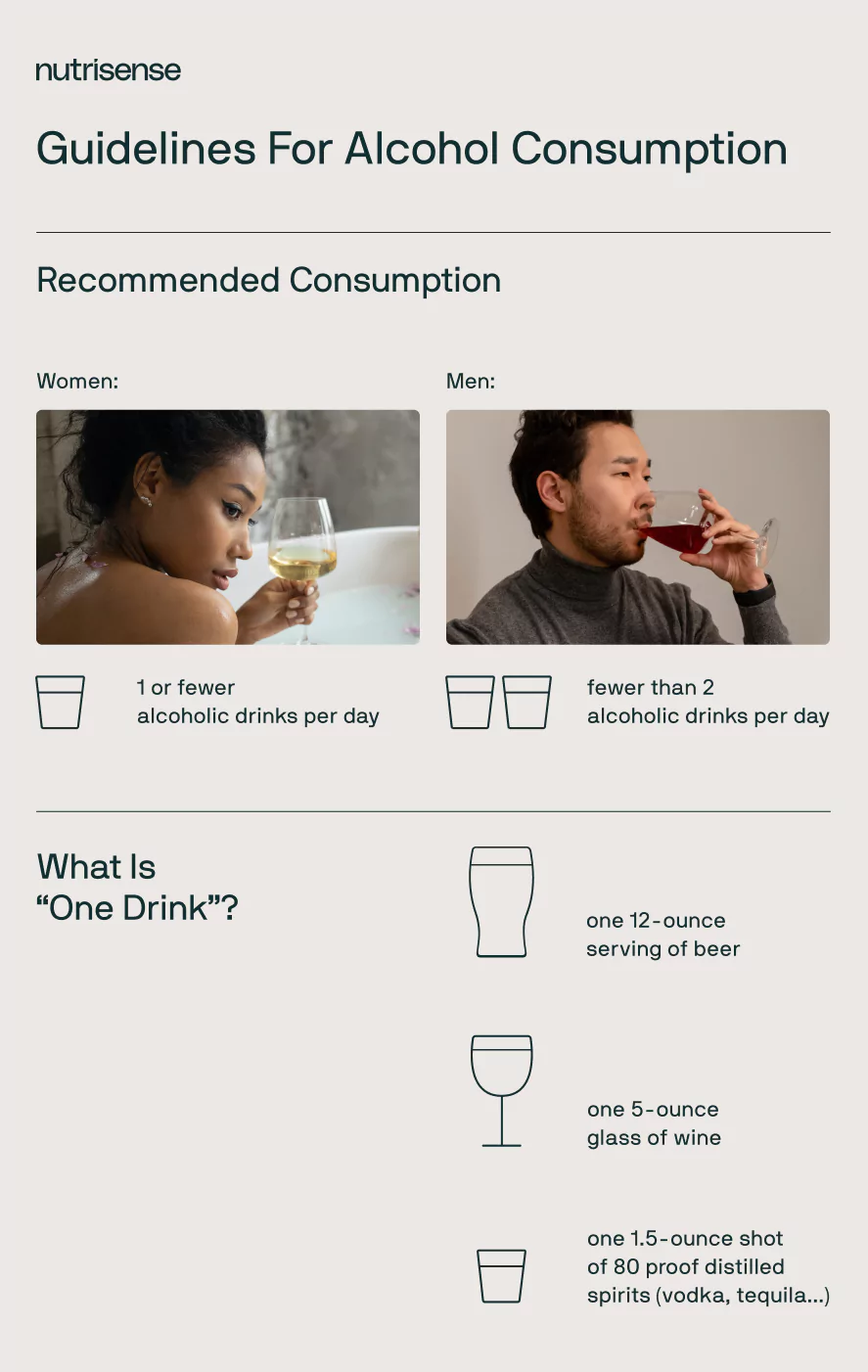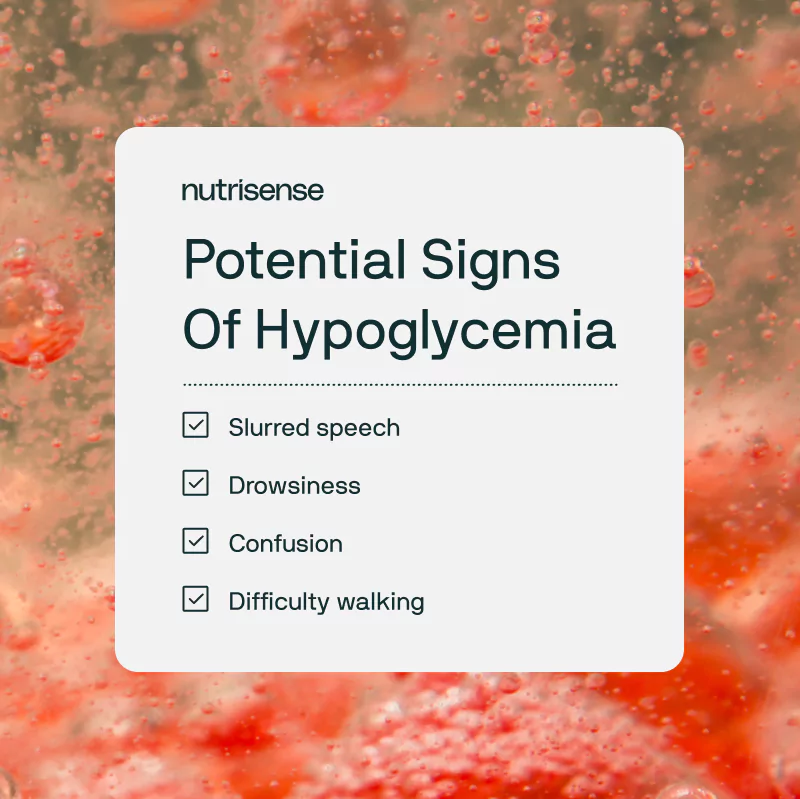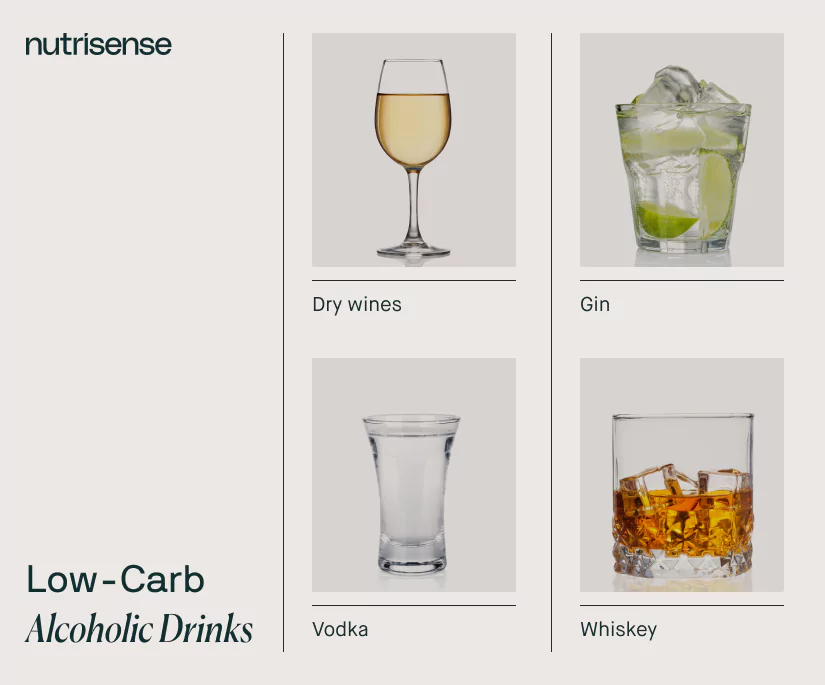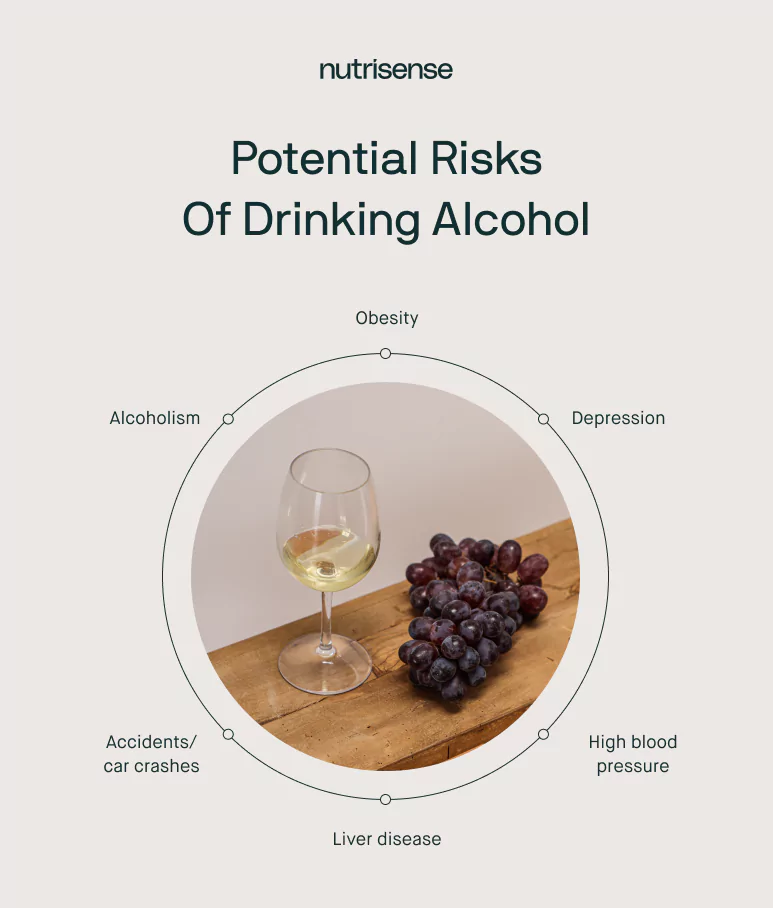Does Drinking Red Wine Help With Prediabetes

Key Takeaways
If you have prediabetes, it’s important to be conscious of your diet and how it might affect your glucose levels. But what about red wine?
The potential health benefits of red wine have been touted for many years. But how does red wine impact you if you are someone who has prediabetes? Keep reading to explore:
- How alcohol affects blood sugar
- How different types of alcohol may have different effects
- Whether or not red wine is beneficial for prediabetes
What To Know About Prediabetes

As we mentioned in our recent article on the warning signs of prediabetes, this condition can occur when you have chronically elevated blood sugar levels that are not yet high enough to be considered type 2 diabetes.
There are typically no visible signs of prediabetes, but if left untreated, prediabetes can eventually lead to a diagnosis of type 2 diabetes. As a result, your doctor may recommend getting your blood sugar tested regularly if you are at risk for developing this condition.
In some cases, prediabetes by introducing healthy lifestyle habits such as:
- Getting the right type and amount of exercise
- Eating a balanced diet
- Reducing stress
- Losing weight
But can a nightly glass of red wine also be part of this equation? Let’s find out.
Can People with Prediabetes Drink Red Wine?
There is currently no universal rule defined by researchers for drinking alcohol with prediabetes. The effects of alcohol on your health can depend on factors like age, sex, and how much you drink.
In general, the Dietary Guidelines for Americans recommend:

These are general guidelines and you may need to further alter or reduce these amounts according to your individual needs and response. It's also important to note that “one drink” can vary depending on the type of alcohol. It’s typically defined as:
- One 12-ounce serving of beer
- One 5-ounce glass of wine
- A 1.5-ounce shot of 80 proof distilled spirits, like vodka or tequila
Alcohol has been shown to affect blood glucose in a few different ways. The key here may be moderate consumption. A high alcohol intake (including all types of alcohol) has been associated with an increased risk of type 2 diabetes.
Talk to your doctor or healthcare professional about whether or not drinking alcohol is safe for you. If you do decide to drink red wine or any type of alcohol, the safest way to do so is to stay within the guidelines for alcohol consumption.
You may also consider monitoring your glucose response and other markers of health with your doctor and healthcare team. It's also important to note that according to the U.S. Dietary Guidelines, certain people should refrain from drinking any alcohol. This includes people who are:
- Pregnant or might be pregnant
- Under the legal drinking age
- Recovering from alcohol use disorder
- Unable to control the amount they drink
- Have any other medical condition that is made worse by drinking alcohol
The Relationship Between Red Wine and Blood Glucose Levels

As a type of alcohol, red wine can affect your blood sugar in a few different ways. Your liver helps regulate your blood sugar levels by storing carbohydrates as glycogen and releasing glucose into the bloodstream between meals and during the night.
When you drink alcohol, it is metabolized by your liver, which will choose to metabolize the alcohol first over other substrates you might have eaten. This may negatively influence your blood glucose levels in a number of ways.
This is one reason why drinking alcohol, especially dry wines or liquor with no added sugar, may initially lower your blood sugar, especially when you drink on an empty stomach. In fact, studies show that drinking alcoholic beverages can lower post-meal blood sugar levels by as much as 37 percent.
However, this also depends on the type of alcohol you drink. If you drink a sugary cocktail, you could possibly see a higher spike in glucose, depending on how fast that sugar is absorbed.
For people with diabetes, too much red wine might lead to hypoglycemia shortly after drinking. The symptoms of hypoglycemia can often mirror the symptoms of being drunk, including things like:

- Slurred speech
- Drowsiness
- Confusion
- Difficulty walking
These similarities can make it harder to notice if your blood sugar has dropped as a result of drinking red wine (or any alcohol). Interestingly, however, other research has shown that alcohol can increase blood sugar levels in some people, including those who have well-controlled diabetes.
It has also been shown to increase insulin resistance or reduce insulin sensitivity in people who don’t have diabetes. Red wine and alcohol in general may affect each person differently, so it’s best to work with your doctor and determine what works best for you.
Which Type of Alcohol is Best for Someone with Prediabetes?
How alcohol affects your blood sugar is connected with the type of alcohol you drink. Some research suggests that, for some people, dry red wine may be less detrimental on blood sugar balance when compared to other things like sugary cocktails or beer.
Certain alcoholic drinks are lower in carbohydrates than others, which may help you avoid blood sugar spikes. These can include:

On the other hand, beer, sugary mixed drinks, and dessert wines typically contain a high amount of carbs, which can cause initial spikes in glucose levels. They also often contain more calories.
This can be important to know if you’re managing your weight to benefit your blood sugar. Ultimately, how alcohol affects you is dependent on your unique lifestyle and health factors.
Talk to your doctor about the best way to safely drink alcohol.
Are There Any Health Benefits of Red Wine for Prediabetics?

As we mentioned earlier, there is some scientific evidence that suggests moderate consumption of red wine can have health benefits. A 2015 study from the European Foundation for the Study of Diabetes investigated these benefits.
They began by randomly assigning participants to either drink 150 milliliters of mineral water, white wine, or red wine at dinner for two years.
At the end of the study, researchers found that those who drank red wine:
- Significantly increased HDL-cholesterol levels
- Reduced the risk of heart disease
- Reduced the number of components of metabolic syndrome by 34 percent
- Improved sleep quality (for both red and white wine drinkers)
While a higher amount of wine was associated with this lower risk of certain metabolic diseases, a higher intake of beer and liquor was associated with a higher risk of type 2 diabetes. As always, more research is needed to confirm these findings.
A Quick Guide to Drinking Alcohol Responsibly if You Have Prediabetes
While the findings of some of these studies can sound promising, it’s important to note that there is no health benefit in starting to drink alcohol if you don’t already. The CDC recommends that non-drinkers do not start drinking.
There are still many negative factors associated with drinking alcohol, including an increased risk of:

- Obesity
- High blood pressure
- Liver disease
- Depression
- Accidents/car crashes
- Alcoholism
Since alcohol may also impact certain hormones - like estrogen - and how they are processed in your body, if you have specific hormonal imbalances or hormonal concerns, you should talk to your doctor.
Health risks associated with alcohol may increase the more alcohol you drink, so if you do decide to drink alcohol, moderation is key. If you have prediabetes, you should consult your doctor before drinking alcohol.
If your doctor has given you the OK to drink alcohol, the safest way to do so is in moderation and by monitoring the amount of alcohol you consume. Drinking with a meal can also make it easier to drink responsibly.
Eating a healthy, balanced diet rich in whole foods with adequate protein, healthy fats, and fiber is also important. Whole foods, especially those high in fiber like vegetables, fruits, and whole grains, are digested gradually, which can give you better protection against blood sugar dips when drinking alcohol.
Find the right Nutrisense programto turn insight into progress.
Go Beyond Glucose Data with Nutrisense
Your glucose can significantly impact how your body feels and functions. That’s why stable levels are an important factor in supporting overall wellbeing. But viewing glucose isn't enough. Nutrisense, you’ll be able to learn how to use your body's data to make informed lifestyle choices that support healthy living.
One-to-one coaching
Sign up to access insurance-covered video calls to work with a glucose expert: a personal registered dietitian or certified nutritionist who will help tailor your lifestyle and diet to your goals.
Monitor and measure what matters
With the Nutrisense CGM Program, you can monitor your glucose with health tech like glucose biosensors and continuous glucose monitor (CGM)s, and analyze the trends over time with the Nutrisense App. This will help you make the most informed choices about the foods you consume and their impact on your health.
Find your best fit
Ready to take the first step? Start with our quiz to find the right Nutrisense program to help you take control.

Heather is a Registered and Licensed Dietitian Nutritionist (RDN, LDN), subject matter expert, and technical writer, with a master's degree in nutrition science from Bastyr University. She has a specialty in neuroendocrinology and has been working in the field of nutrition—including nutrition research, education, medical writing, and clinical integrative and functional nutrition—for over 15 years.


.webp)

